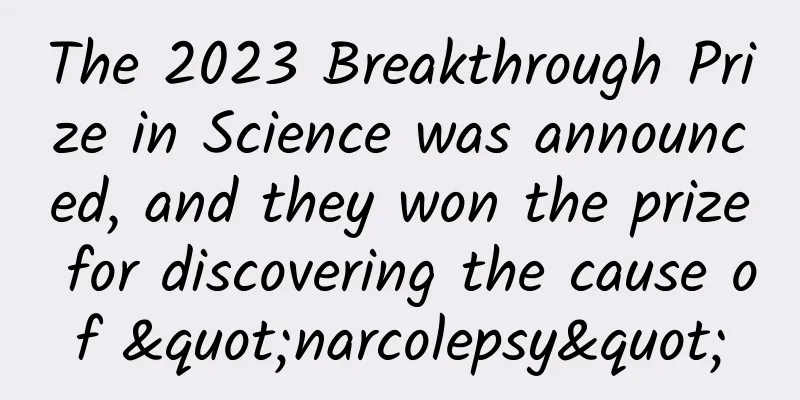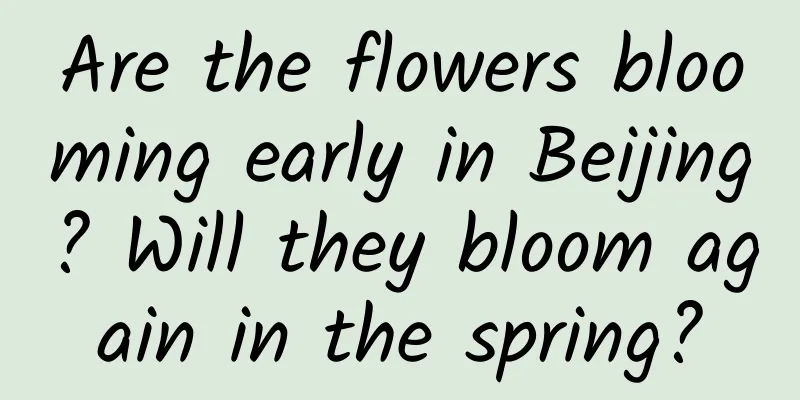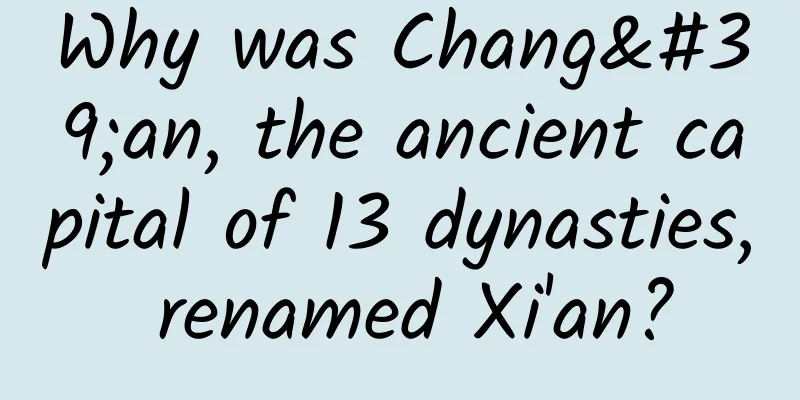The 2023 Breakthrough Prize in Science was announced, and they won the prize for discovering the cause of "narcolepsy"

|
On September 22, the 2023 Breakthrough Prize was officially announced. The Breakthrough Prize in Science mainly recognizes people who have made outstanding contributions in the fields of life sciences, basic physics and mathematics. Each winner can receive a prize of $3 million, which is the highest individual award in the scientific community and can be called "the first major prize in the scientific community." The 2023 Breakthrough Prizes include three Breakthrough Prizes in Life Sciences, one Breakthrough Prize in Fundamental Physics, and one Breakthrough Prize in Mathematics, each with a prize of $3 million; In addition, six New Horizons Prizes were awarded, each with a prize of $100,000, and three Maryam Mirzakhani New Frontiers Prizes were awarded, each with a prize of $50,000. Among them, Emmanuel Mignot of Stanford School of Medicine and Masashi Yanagisawa of the University of Tsukuba won the 2023 "Breakthrough Prize in Biological Sciences" for their groundbreaking contributions to "discovering the causes of narcolepsy and promoting the development of new treatments for sleep disorders." Picture | Emmanuel Mignot and Masashi Yanagisawa. Hypersomnia is a disorder that causes excessive sleeping. There are two main types: primary hypersomnia and recurrent hypersomnia. Both have the same symptoms but occur at different frequencies. People with narcolepsy experience recurrent episodes of excessive daytime sleepiness (EDS), which is different from the tiredness caused by lack of or interrupted sleep at night. These people are forced to take multiple naps during the day while working, eating, or talking. People with narcolepsy also often sleep for too long at night and have difficulty waking up from long sleep. Other symptoms of narcolepsy include anxiety, increasing anger, decreasing energy, restlessness, slow thinking, slow speech, loss of appetite, hallucinations, memory problems, etc. Some people with narcolepsy may also be unable to maintain their original family, social, professional or other social relationships. Primary hypersomnia can last for months or even years; recurrent hypersomnia occurs many times, with constant switching between normal sleep and excessive sleep. Kleine-Levin syndrome is the most well-known recurrent hypersomnia, in which patients often sleep for more than 18 hours a day without feeling awake. In the 1980s, Mignot's team began cross-breeding dogs with narcolepsy in an attempt to identify genes associated with the condition, eventually identifying genes that encode two membrane receptors in the brain. Membrane receptors are located in the cell lining and detect molecules outside the cell. Certain molecules activate the receptors, setting off a cascade of reactions that often result in changes in the organism's behavior. However, Mignot had no idea what the functions of these newly discovered receptors were, let alone which molecules they responded to. Around the same time, Yanagisawa’s team was working to determine the roles of hundreds of receptors by observing which protein-like molecules activated them. They did this by taking a mixture of peptides from the animal brains and refining them until they could isolate which specific peptides activated a certain receptor. Their first target was a receptor that Mignot had also been studying, and they found that it responded to two previously unknown peptides, now called orexin-A and orexin-B. Yanagisawa's team then disabled the gene that produces orexin in mice and found that these normally nocturnal animals fell into periodic sleep at night. When they injected orexin into the mice's brains at night, they were able to stay awake. Together, the findings revealed not only a membrane receptor implicated in narcolepsy, but also two orexins that normally bind to that receptor to induce wakefulness. Further research confirmed that orexins are not produced in people with narcolepsy. As the official reason for the award gave, their work "discovered that narcolepsy is caused by a reduction in the number of brain cells that produce substances that promote wakefulness, paving the way for the development of new treatments for sleep disorders." Based on the above contributions, Mignot and Yanagisawa were awarded the "Breakthrough Prize in Life Sciences". Attached is the list of winners of the 2023 Breakthrough Prize and New Horizons Prize: ▼ 2023 Breakthrough Prize in Biological Sciences Winners: Emmanuel Mignot (Stanford School of Medicine) Masashi Yanagisawa (University of Tsukuba) Reason for winning: For discovering that narcolepsy is caused by the loss of a small population of brain cells that make a wake-promoting substance, paving the way for the development of new treatments for sleep disorders. Winners: Clifford P. Brangwynne (Princeton University)Anthony A. Hyman (Max Planck Institute of Molecular Cell Biology and Genetics) Reason for winning: For discovering a fundamental mechanism of cellular organization mediated by phase separation of proteins and RNA into membraneless liquid droplets. Winners: Demis Hassabis (DeepMind) John Jumper (DeepMind) Reason for winning: For developing a deep learning AI method that rapidly and accurately predicts the three-dimensional structure of proteins from their amino acid sequence. ▼ 2023 Breakthrough Prize in Fundamental Physics Winners: Charles H. Bennett (IBM Thomas J. Watson Research Center) Gilles Brassard (University of Montreal) David Deutsch (Oxford University) Peter W. Shor (Massachusetts Institute of Technology) Reason for winning: For outstanding contributions to foundational work in the field of quantum information. ▼ 2023 Breakthrough Prize in Mathematics Winners: Daniel A. Spielman (Yale University) Reason for winning: For breakthrough contributions to theoretical computer science and mathematics, including to spectral graph theory, the Kadison-Singer problem, numerical linear algebra, optimization, and coding theory. ▼ 2023 New Horizons in Physics Prize Winners: David Simmons-Duffin (California Institute of Technology, USA) Reason for winning: For the development of analytical and numerical techniques to study conformal field theories, including the ones describing the liquid vapor critical point and the superfluid phase transition. Winners: Anna Grassellino (Fermilab) Reason for winning: For the discovery of major performance enhancements to niobium superconducting radio-frequency cavities, with applications ranging from accelerator physics to quantum devices. Winners: Hannes Bernien (University of Chicago), Manuel Endres (California Institute of Technology), Adam M. Kaufman (Joint Institute for Experimental Astrophysics, National Institute of Standards and Technology, University of Colorado), Kang-Kuen Ni (Harvard University), Hannes Pichler (University of Innsbruck, Austrian Academy of Sciences) Reason for winning: For the development of optical tweezer arrays to realize control of individual atoms for applications in quantum information science, metrology, and molecular physics. ▼ 2023 New Horizons in Mathematics Award Winners: Ana Caraiani (Imperial College London, University of Bonn) Reason for winning: For diverse transformative contributions to the Langlands program, and in particular for work with Peter Scholze on the Hodge-Tate period map for Shimura varieties and its applications. Winners: Ronen Eldan (Weizmann Institute of Science, Microsoft Research) Reason for winning: For the creation of the stochastic localization method, that has led to significant progress in several open problems in high-dimensional geometry and probability, including Jean Bourgain's slicing problem and the KLS conjecture. Winners: James Maynard (Oxford University) Reason for winning: For multiple contributions to analytic number theory, and in particular to the distribution of prime numbers. ▼ 2023 Maryam Mirzakhani New Frontier Award Winners: Maggie Miller (Stanford University, Clay Mathematics Institute) Reason for winning: For work on fibered ribbon knots and surfaces in 4-dimensional manifolds. Winners: Jinyoung Park (Stanford University) Reason for winning: For contributions to the resolution of several major conjectures on thresholds and selector processes. Winners: Vera Traub (University of Bonn) Reason for winning: For advances in approximation results in classical combinatorial optimization problems, including the traveling salesman problem and network design. Reference Links: https://breakthroughprize.org/News/73 https://en.wikipedia.org/wiki/Hypersomnia https://www.newscientist.com/article/2339153-scientists-who-discovered-cause-of-narcolepsy-win-breakthrough-prize/ Academic headlines |
<<: Today's prosperity is what you wish for! Tribute to the older generation of aerospace people
Recommend
Can heating food wrapped in plastic wrap cause cancer? Experts respond
Recently, the Beijing Association for Science and...
“Zombie deer disease” may be transmitted to humans. How should we deal with it?
"Zombie deer disease" has appeared in t...
Two new high-risk areas added! Beijing currently has 4 high-risk areas
A reporter from the Beijing Daily client learned ...
A sore throat may be caused by acute epiglottitis, and an instant "throat blockage" is not an exaggeration!
The weather has been dry recently, and many peopl...
Douyin operation methodology: 500,000 followers increased in 2 months!
Before the Spring Festival, I shared my experienc...
Full-duplex implementation between ACS and CPE
Part 01 Introduction to TR069 Protocol Protocol i...
How do Facebook, Dropbox, and HubSpot calculate customer acquisition costs?
Among all the factors that affect a company's...
Mother’s Day Marketing Promotion Case Analysis!
A Boston company called Rehtom once posted a very...
Cai Wenchuan's "Photographer IP Camp, Issue 3" helps photographers increase their followers and monetize, and build their personal brands
Course Contents: Cai Wenchuan's "Photogr...
Solid info! A brief analysis of the three major monetization methods of the community
We all know that the fan economy has arrived. Man...
How to get these super exposure positions that are essential in the App Store?
Currently, China has become the second largest iPh...
Do you know how important this inconspicuous little moss is?
Disclaimer: In accordance with general ecological...
BAT enters the living room to seize the "Normandy Landing"
Internet companies are penetrating into every asp...
6 sets of “Mid-Autumn Festival” marketing planning schemes!
Restaurant Mid-Autumn Festival Planning Scheme (I...
Why mosquitoes aren't going away? Here's some good news and some bad news
"Buzz, buzz, buzz..." One of the nightm...









